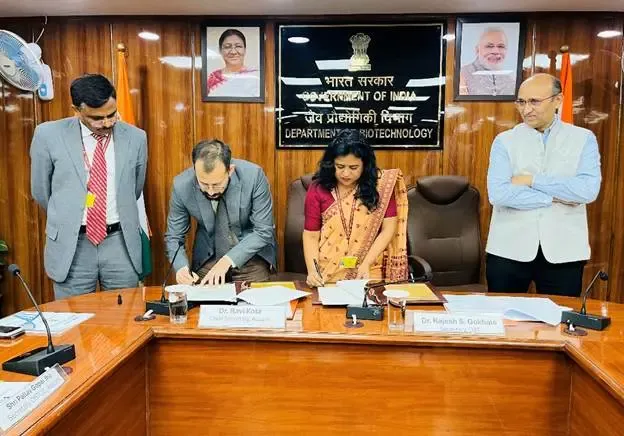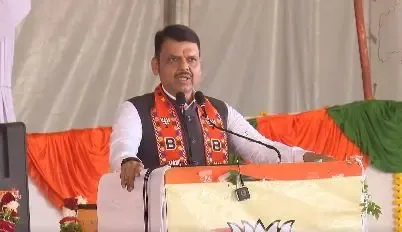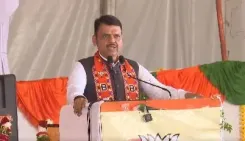BioE3 Initiative: DBT Collaborates with Assam for a Sustainable Biotech Future

Synopsis
Key Takeaways
- DBT and Assam government signed a significant MoU.
- First Centre-State partnership under the BioE3 Policy.
- Aims to boost high-performance biomanufacturing.
- Focus on sustainable biotechnology innovation.
- Establishment of a dedicated BioE3 Cell in Assam.
New Delhi, March 12 (NationPress) The Department of Biotechnology (DBT) and the Government of Assam have entered into a significant Memorandum of Understanding (MoU) under the BioE3 (Biotechnology for Economy, Environment, and Employment) Policy, as announced by the Ministry of Science & Technology on Wednesday.
This partnership marks the first Centre-State collaboration under the BioE3 initiative, aiming to enhance high-performance biomanufacturing while promoting a sustainable biotechnology ecosystem in Assam.
The BioE3 Policy, which received approval from the Union Cabinet in August 2024, aims to position India as a global frontrunner in bio-based innovations.
This policy emphasizes sustainable biomanufacturing across various thematic domains, including bio-based chemicals, APIs, biopolymers, enzymes, climate-resilient agriculture, functional foods, smart proteins, carbon capture and utilization, precision biotherapeutics (cell and gene therapy, mRNA therapeutics, and monoclonal antibodies), along with advanced marine and space research.
The signed MoU solidifies a strategic partnership where the DBT will provide guidance and foster collaborations, while the Assam government will lead initiatives by creating a State BioE3 Cell and developing an Assam BioE3 Action Plan.
This collaboration highlights Assam's proactive strategy to leverage its abundant biodiversity and agricultural resources to establish a thriving biomanufacturing ecosystem within the State.
“The Assam Cabinet has sanctioned the Assam BioE3 Action Plan and formed a dedicated State-level BioE3 Cell, emphasizing the state’s initiative in biotechnology innovation,” stated Dr. Ravi Kota, Chief Secretary of Assam.
Kota mentioned that numerous discussions with key stakeholders were conducted to refine the Action Plan and ensure alignment with the State’s strategic goals.
“The essential role of Centre-State partnership in achieving the objectives of the BioE3 Policy through the establishment of BioE3 Cells in the States,” remarked Dr. Rajesh S. Gokhale, Secretary of DBT.
He highlighted that the BioE3 Policy serves as a transformative framework for sustainable growth, job creation, and environmental stewardship.
This MoU not only represents a crucial turning point in Centre-State collaboration under the BioE3 Policy but also sets the stage for a new era of transformative innovation, sustainable economic growth, and inclusive job opportunities.









